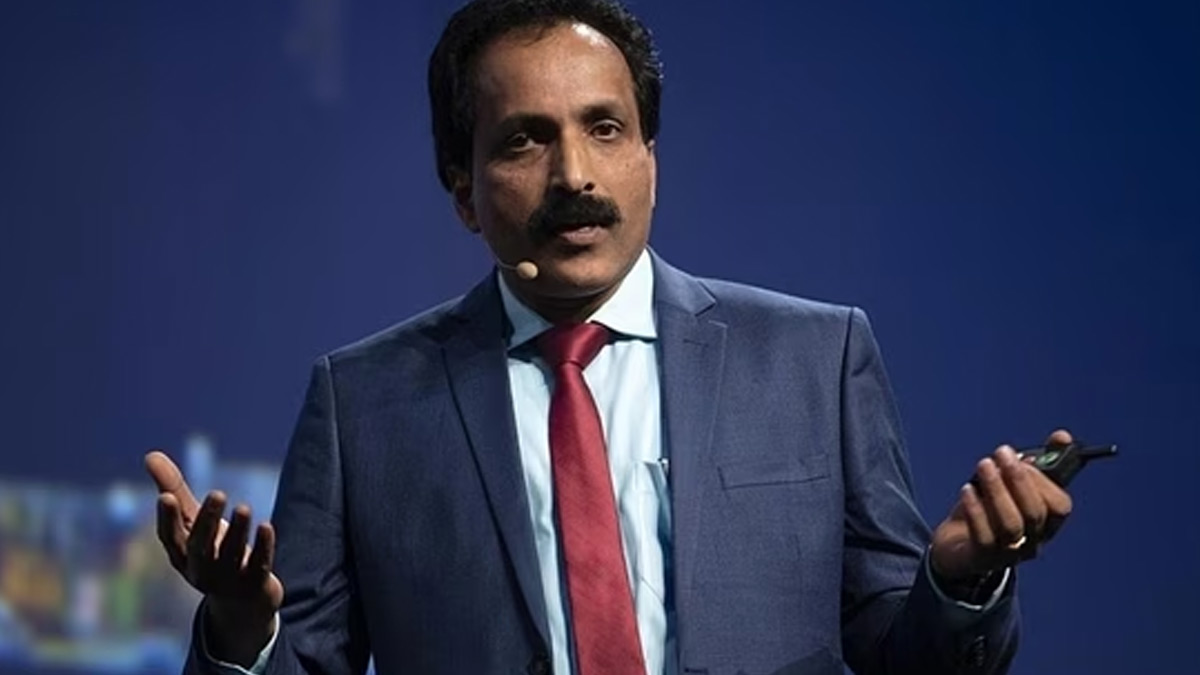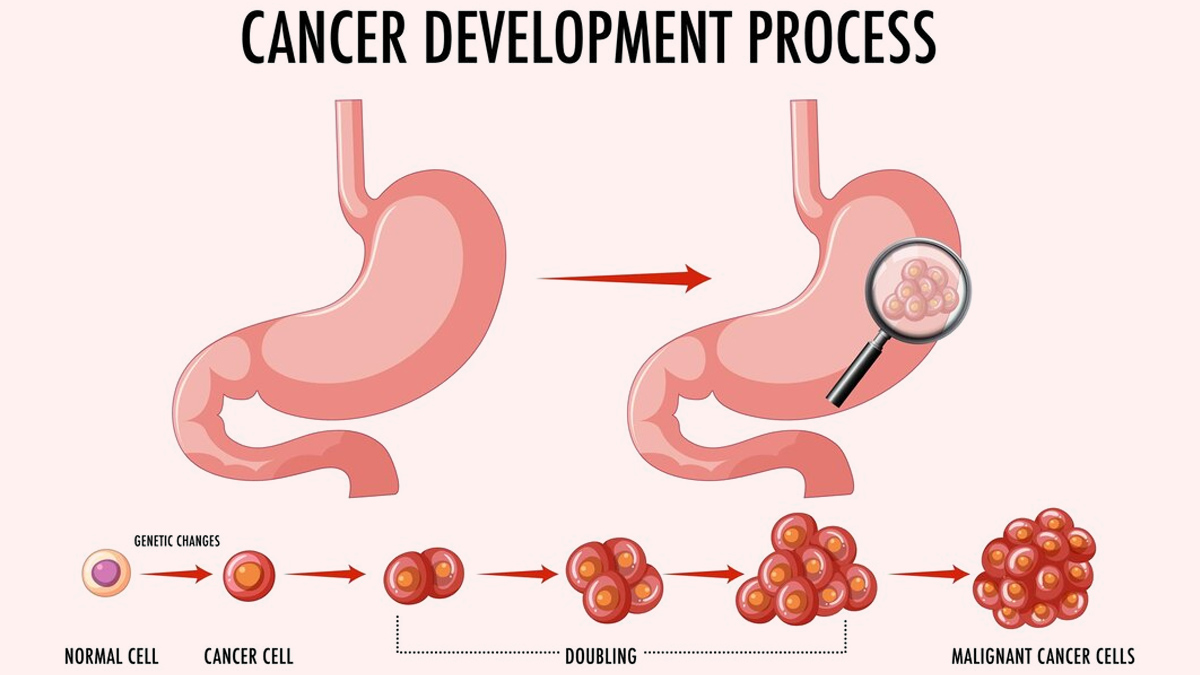
S Somanath, the esteemed head of the Indian Space Research Organisation (ISRO), recently disclosed a personal struggle alongside a significant milestone in space exploration. During the Aditya-L1 mission launch in September of the previous year, Somanath received distressing news—his stomach cancer diagnosis. The revelation, made in an interview with Tarmak Media House, sheds light on the challenges faced by leaders in the midst of pivotal professional endeavours.
Table of Content:-
The Unforeseen Discovery
As India celebrated the inaugural launch of its space-based solar observatory, Aditya L1, on September 2, 2023, Somanath underwent a routine scan, unaware of the impending revelation. The scan, intended for health monitoring, unexpectedly uncovered an abnormal growth within his stomach—a shocking discovery for Somanath and his family.
Navigating Treatment

Prompt action followed the diagnosis, with Somanath promptly undergoing surgery and subsequent chemotherapy. Despite the daunting nature of his diagnosis, the ISRO chief demonstrated resilience, exhibiting remarkable progress post-treatment. A mere four days of hospitalisation sufficed before Somanath resumed his duties, expressing a remarkable absence of pain on the fifth day.
Embracing Recovery
While acknowledging the necessity of regular checkups and scans, Somanath confidently asserts his triumphant recovery, emphasising the resumption of his professional responsibilities. His journey serves as a testament to perseverance in the face of adversity, inspiring hope and fortitude within the ISRO community and beyond.
Also Read: Hollywood Producer Lynda Obst Opens Up About Her COPD Diagnosis; Here’s Everything To About It
Understanding Stomach Cancer
Stomach cancer, medically referred to as gastric cancer, manifests as the abnormal proliferation of cells within the stomach—an organ crucial for food digestion. As per Dr Uma Dangi, Consultant Medical Oncology, Fortis Hospital Mulund, the location of cancer within the stomach, along with other factors such as its stage and cell type, significantly influences the treatment approach.
Symptoms
Symptoms of stomach cancer vary, encompassing difficulties in swallowing, abdominal discomfort, bloating, and changes in appetite and weight. While early-stage stomach cancer may present with indigestion and upper abdominal pain, advanced stages may manifest with severe fatigue, vomiting blood, and dark stools.
Causes
The precise aetiology of stomach cancer remains elusive, although several factors are implicated, including chronic stomach inflammation, dietary habits, infections, and genetic predispositions. Cellular changes triggered by these factors lead to uncontrolled cell growth and tumour formation within the stomach lining.
Types and Risk Factors
Stomach cancer encompasses various subtypes, such as adenocarcinoma, gastrointestinal stromal tumours (GIST), carcinoid tumours, and lymphoma, each arising from distinct cell types within the stomach. Risk factors for stomach cancer include dietary choices, smoking, family history, and certain medical conditions such as chronic acid reflux and gastritis.
Prevention
Adopting a balanced diet rich in fruits and vegetables, reducing consumption of salty and smoked foods, cessation of smoking, and timely medical intervention for predisposing conditions can mitigate the risk of stomach cancer. Additionally, individuals with a familial history of stomach cancer may benefit from regular screening to facilitate early detection and treatment.
Bottomline
S Somanath's journey underscores the importance of resilience and proactive healthcare management amidst professional commitments. His battle against stomach cancer serves as a poignant reminder of the indomitable human spirit and the significance of early detection and treatment in combating life-threatening illnesses.
Also watch this video
Read Next
Conquering Cancer: How Dinesh Kundnani Navigated Life After Colorectal Cancer With A Stoma Bag
How we keep this article up to date:
We work with experts and keep a close eye on the latest in health and wellness. Whenever there is a new research or helpful information, we update our articles with accurate and useful advice.
Current Version